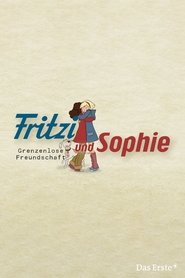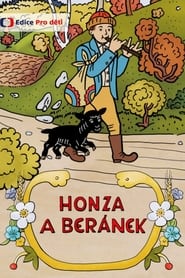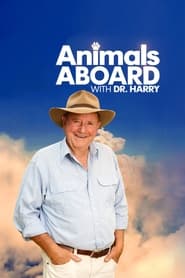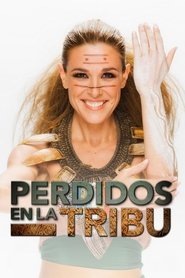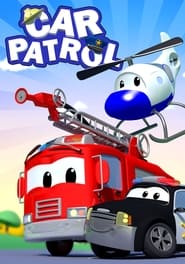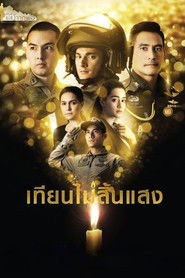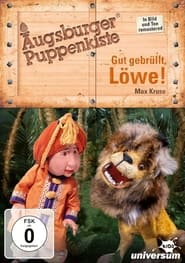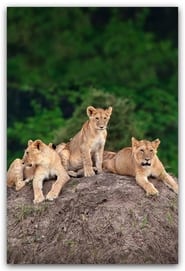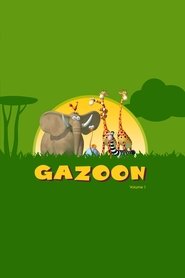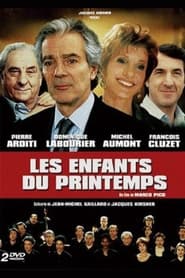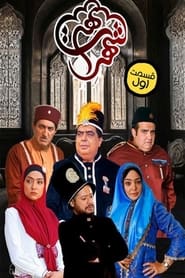Family TV Series - Page 379
-
Fritzi und Sophie - Grenzenlose Freundschaft
2024
Leipzig in 1989 – Germany divided into East and West. The twelve-year-old friends Fritzi and Sophie don't care much about this - until Sophie has to flee to the West with her mother. There she struggles with prejudices against 'those from over there', but above all with her homesickness. Fritzi's attempt to at least bring Sophie her dog Sputnik fails because of the heavily guarded border. Fritzi realizes that only the fight for freedom in her country can bring the two of them together again. -
Honza a beránek
2020
-
Animals Aboard with Dr. Harry
2023
The new series goes behind the scenes of the multi-million-dollar animal travel industry to unearth a goldmine of touching stories of pets and animals who need to travel for work, play, medical reasons, or family reunions. The trailer shows pets who’ve been reunited with their loved ones, as well as exotic zoo animals that have been transported, and the return of rehabilitated marine life. -
Perdidos en la tribu
2009
Perdidos en la tribu
2009
-
爱意满乡间
2025
-
Guiding Light
2017
Guiding Light
2017
-
Little Big Cat
2008
Little Big Cat
2008
The intimate and endearing stories of lion, leopard and cheetah cubs living in the Masai Mara in Kenya -
Aadhe Adhoore
2015
-
Citron grenadine
1979
Citron grenadine
1979
-
Gazoon
2008
-
På kurs med Kurt
1981
På kurs med Kurt
1981
-
Khaas
2019
Khaas
2019
Saba is a strong, studious young woman who was raised by a family that supports her ambitions. Ammar, her love interest, is a well educated, handsome young man who has it all and knows it. He begins to display narcissistic tendencies shortly after their marriage, which harms their relationship and affects Saba’s self worth. When Ammar’s best friend Faakhir becomes a form of emotional support for Saba, tensions rise between the three, and make for a complicated dynamic. -
Paulas Sommer
2007
-
Lawless City
2024
Lawless City
2024
A story is told about the life of city citizens who encounter humorous and funny situations. Each episode of this series is full of comedy moments and funny moments that are presented by the talented actors.
